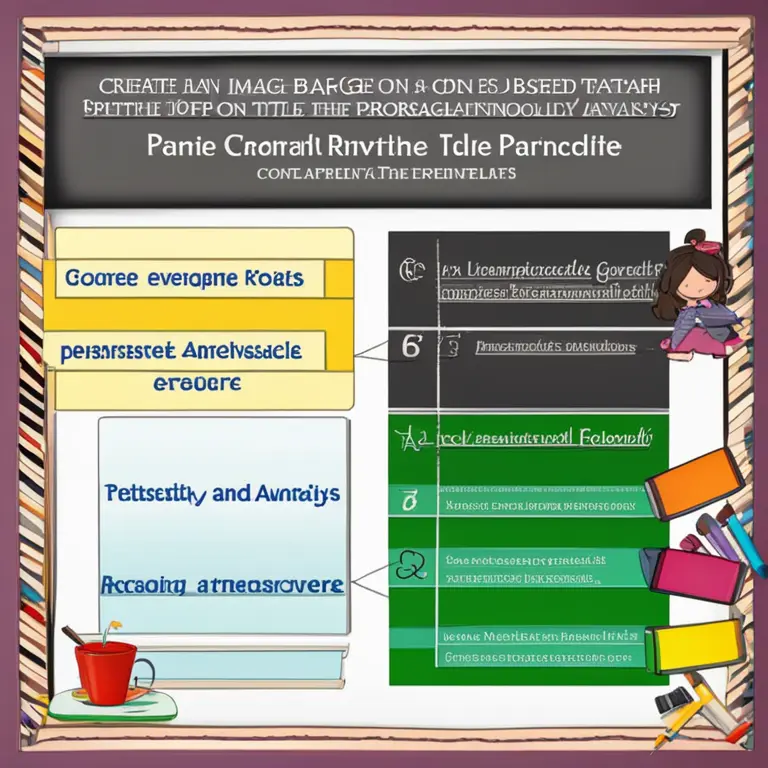
Exploring Handwriting Analysis
Dive into the world of graphology and discover how handwriting analysis can offer insights into personality and behavior.
article by Nora Pennington
Graphology Defined
Handwriting analysis, or graphology, is the practice of studying handwriting to gain insights into a writer's personality traits and psychological state. This intriguing form of analysis operates on the principle that handwriting is a unique expression of an individual, much like a fingerprint. As we move further into the digital age, graphology remains relevant with businesses and psychologists often utilizing it for various purposes, including employee recruitment, forensic examinations, and personal development.

The Analytic Process
The process of handwriting analysis involves a meticulous examination of the physical characteristics of handwriting. A graphologist looks at features such as the size and shape of letters, slant, pressure, and spacing between words and lines. Advanced technology and increased understanding of psychological patterns have enhanced the precision of analysis, enabling experts to provide a more nuanced interpretation of these handwriting features as they relate to personality traits in 2024 and beyond.

Personality Insights
One of the most fascinating aspects of handwriting analysis is its ability to suggest certain personality traits. For instance, large, expansive handwriting may indicate a person with a strong presence and high level of extroversion, while small, meticulous script might reveal an introverted and detail-oriented individual. By connecting these observations to contemporary psychological theories, graphologists can offer compelling insights into an individual's character and behavioral tendencies.

Applications in Various Domains
While once considered a pseudoscience, recent advances have helped handwriting analysis gain credibility. In the professional realm, companies may use handwriting analysis to better understand candidates’ compatibility with particular job roles. In legal contexts, forensic graphologists work with law enforcement to examine documents for authenticity or to profile unknown suspects. Additionally, individuals may seek handwriting analysis for personal growth, to become more aware of their personal strengths and areas for improvement.

The Skepticism and Acceptance
Despite its expanding applications, handwriting analysis is not without its skeptics. Critics argue that the interpretations can be too generalized or subjective. However, proponents counter that when conducted by trained professionals, graphology can yield valuable insights. As the field grows, ongoing research and standardization efforts aim to validate the practice and establish a stronger empirical foundation for its methods and interpretations.
Future of Graphology
Looking ahead, the potential for integrating graphology with artificial intelligence and machine learning presents exciting possibilities. Such technologies could analyze vast sets of handwriting data, identifying patterns and providing more objective analyses. With these advancements, handwriting analysis could become an even more powerful tool in understanding human psychology and behavior in years to come.
Published: 1/11/2024
Modified: 1/12/2024
More predictions
Come back here soon to learn more about yourself and your future


Can We Trust Palmistry?
Delving into the realm of palmistry, this article examines its credibility and place in contemporary spiritual practices.


The Possibility of Palmistry in Cancer Detection
Examining the claims that palmistry holds any potential in identifying the risk of cancer: a deep dive into the world of mysticism and medicine.


The Ancient Art of Vedic Palmistry
Discover the ancient art of Vedic Palmistry and its practice in the modern era, revealing the secrets held within the lines of the hand.